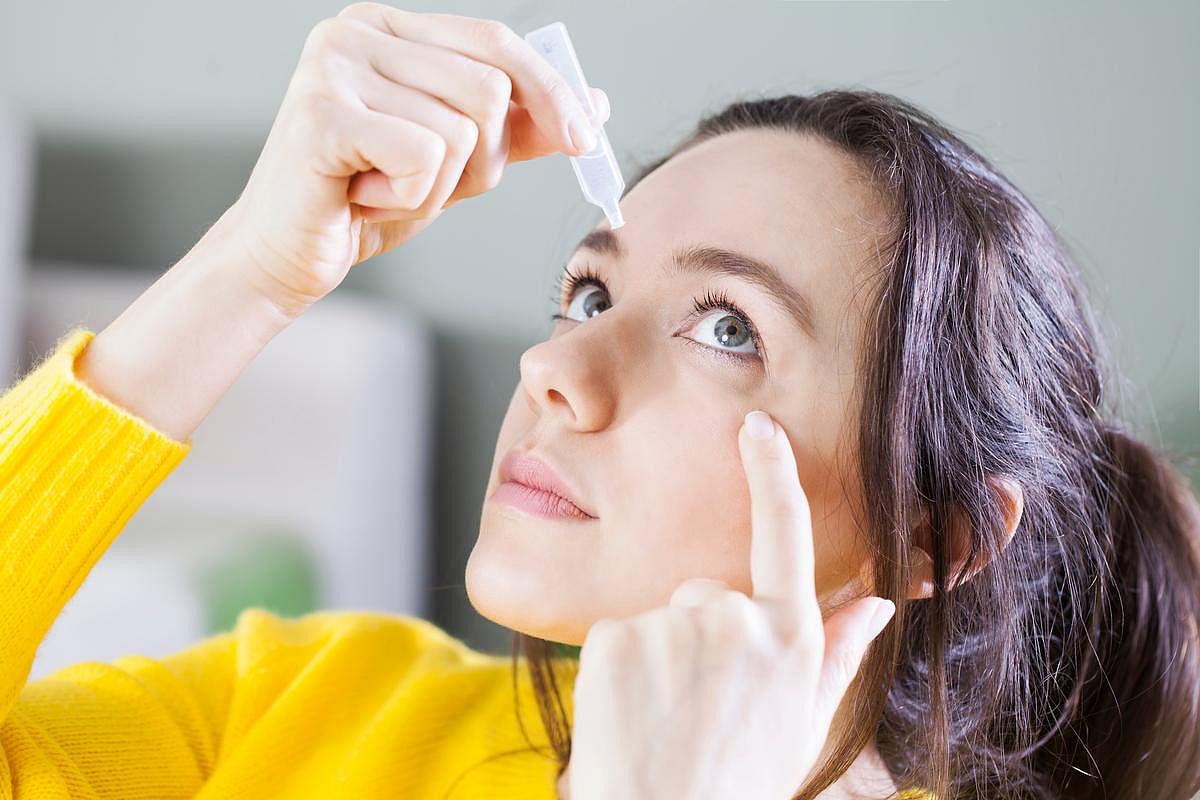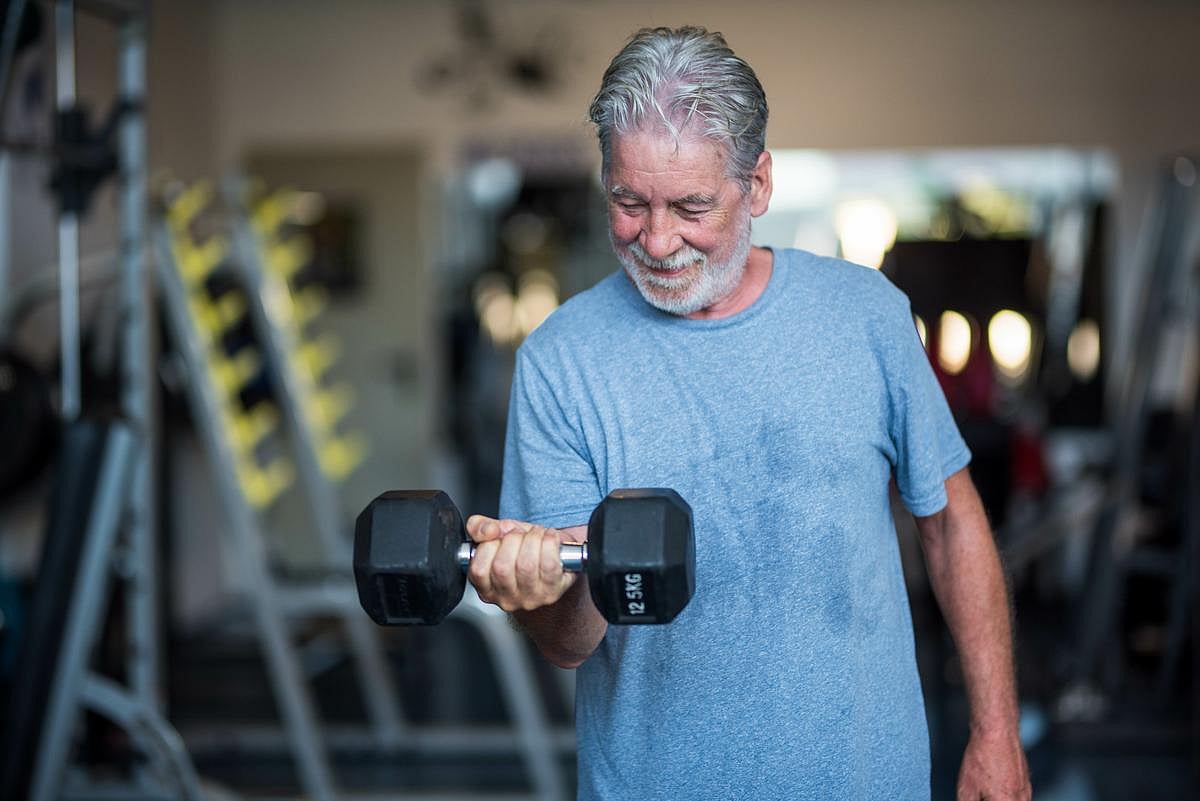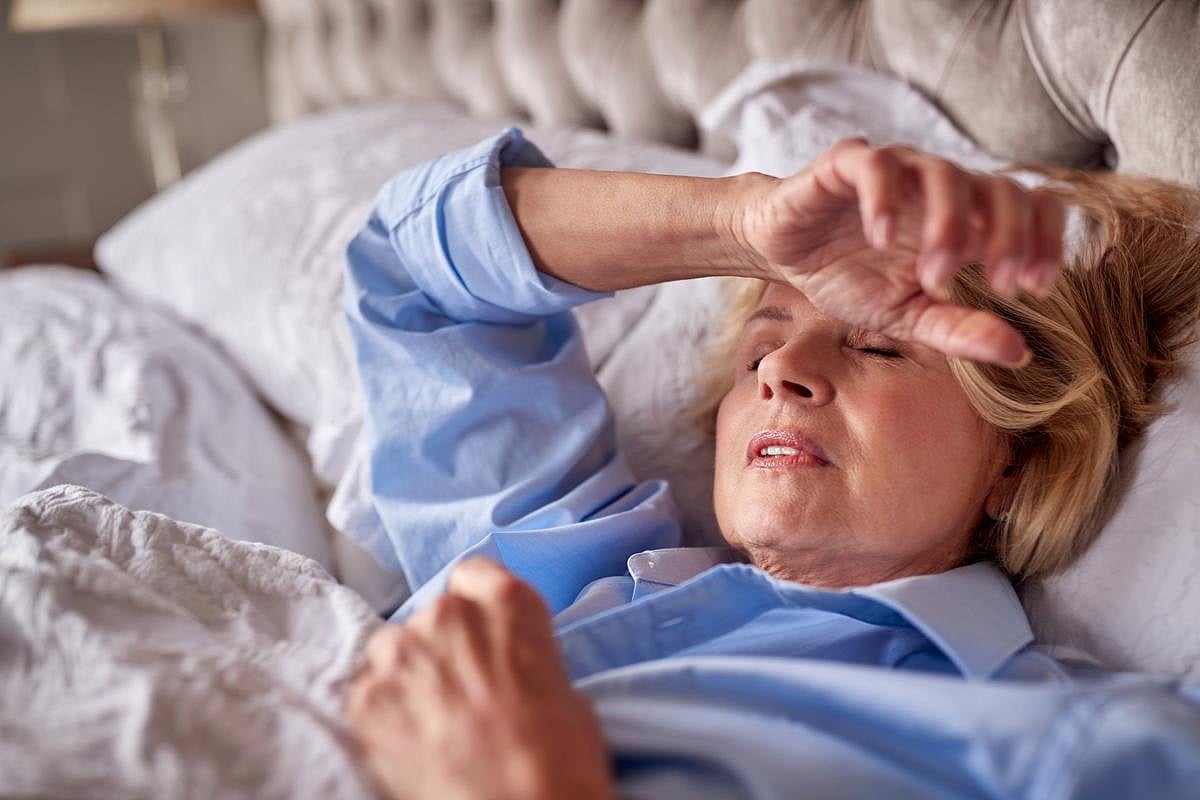
Starting breast cancer screening in women’s early 40s will save more lives, a new study argues. Nearly 3 in 4 women (73%) in their 40s find out they have breast cancer only after they’ve developed symptoms, researchers reported May 30 in the journal Radiology: Imaging Cancer. These women are less likely to survive compared to… read on > read on >


















